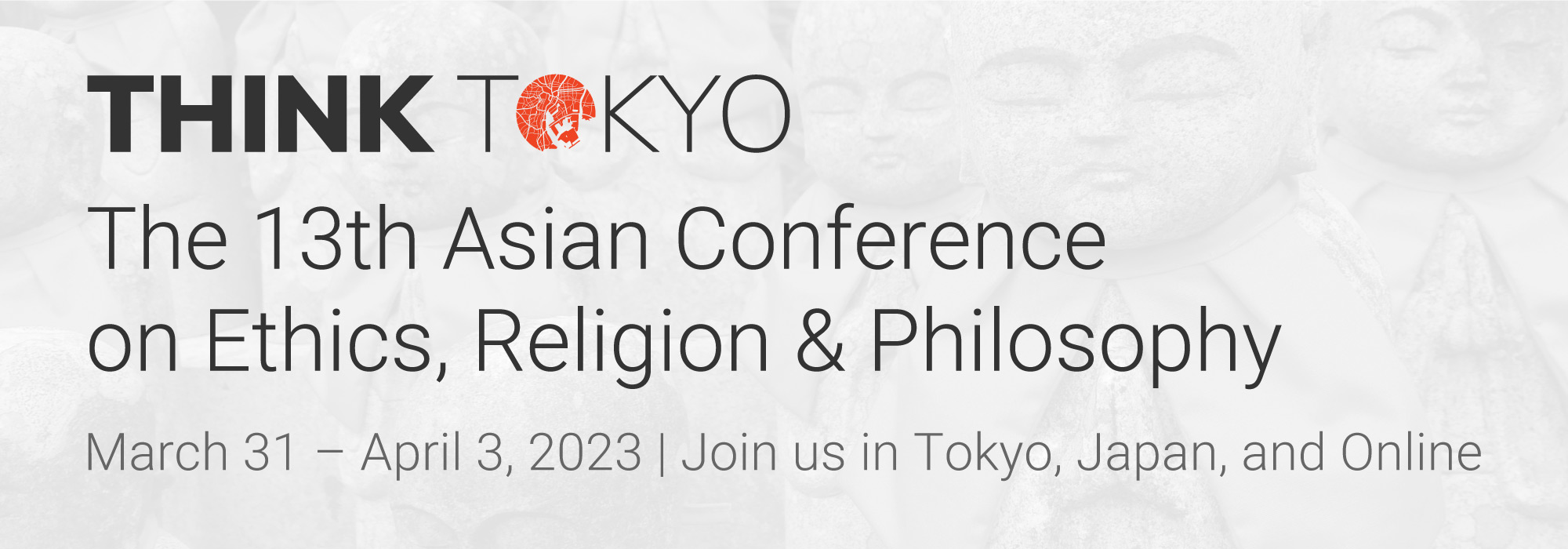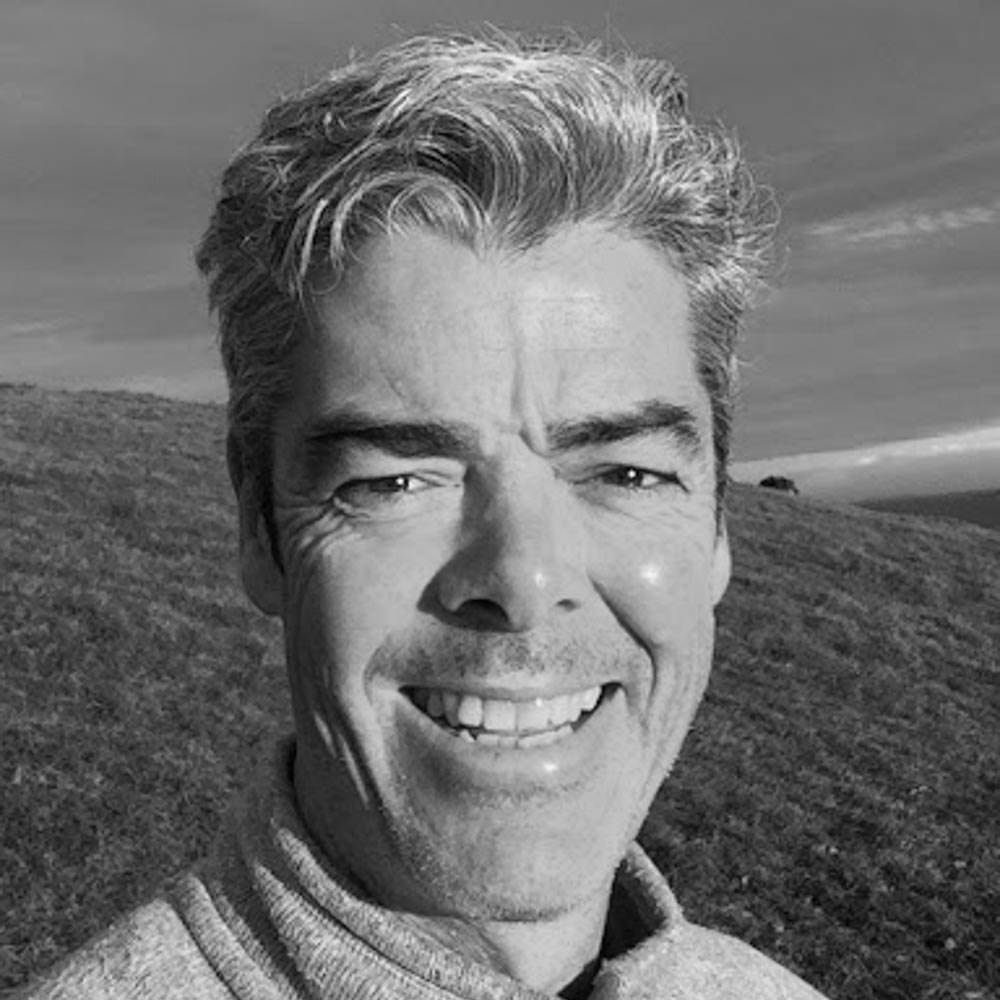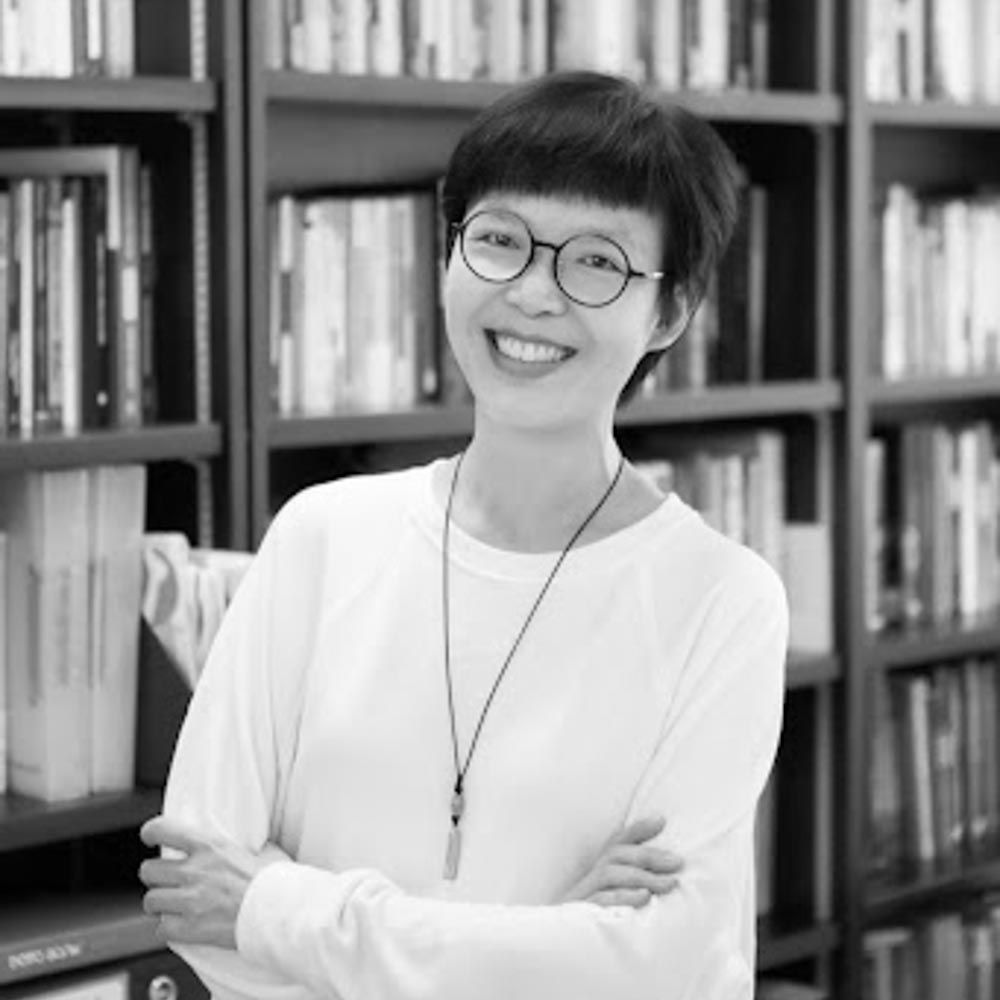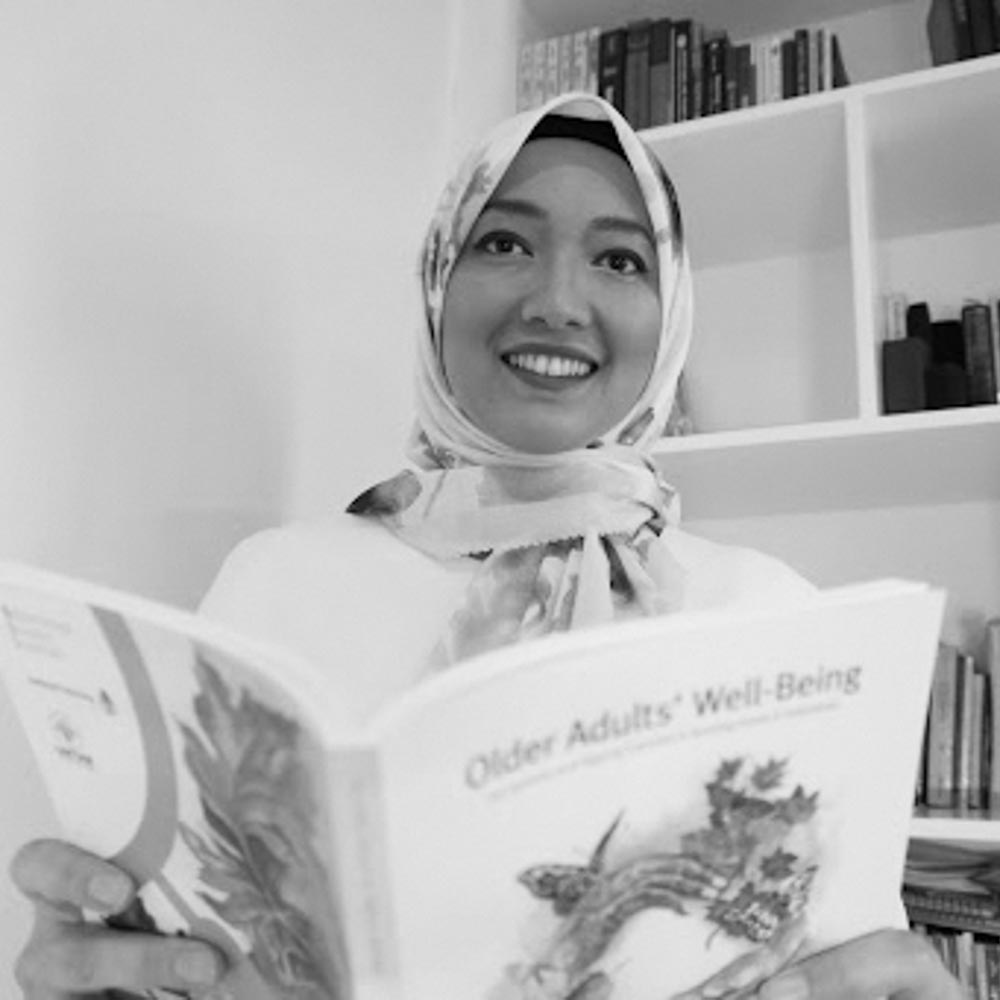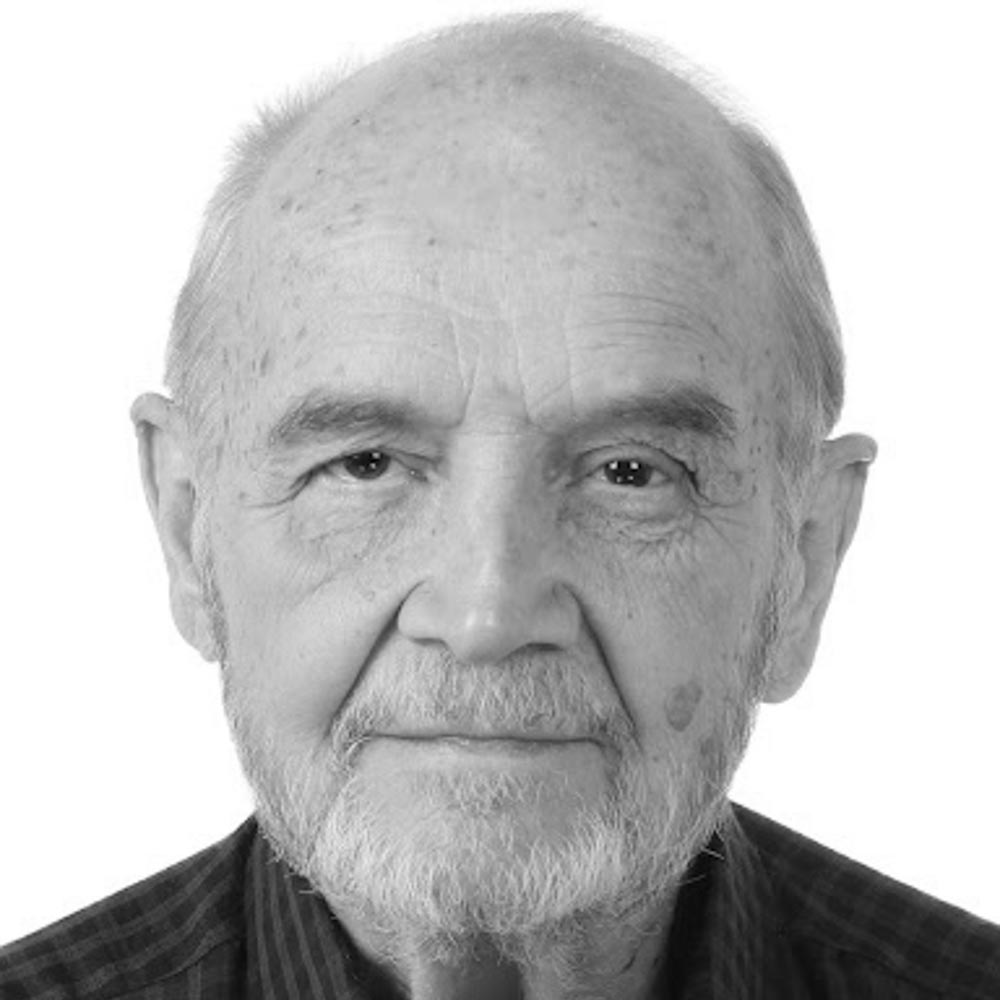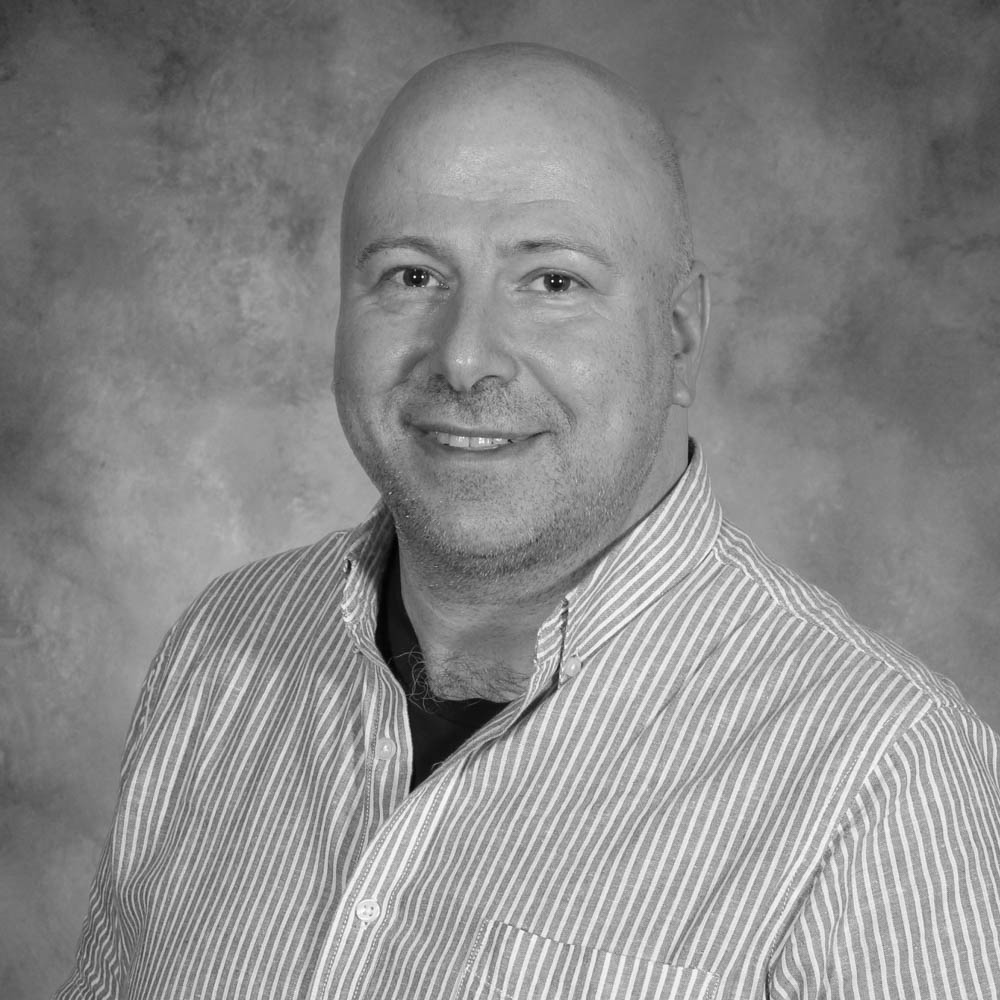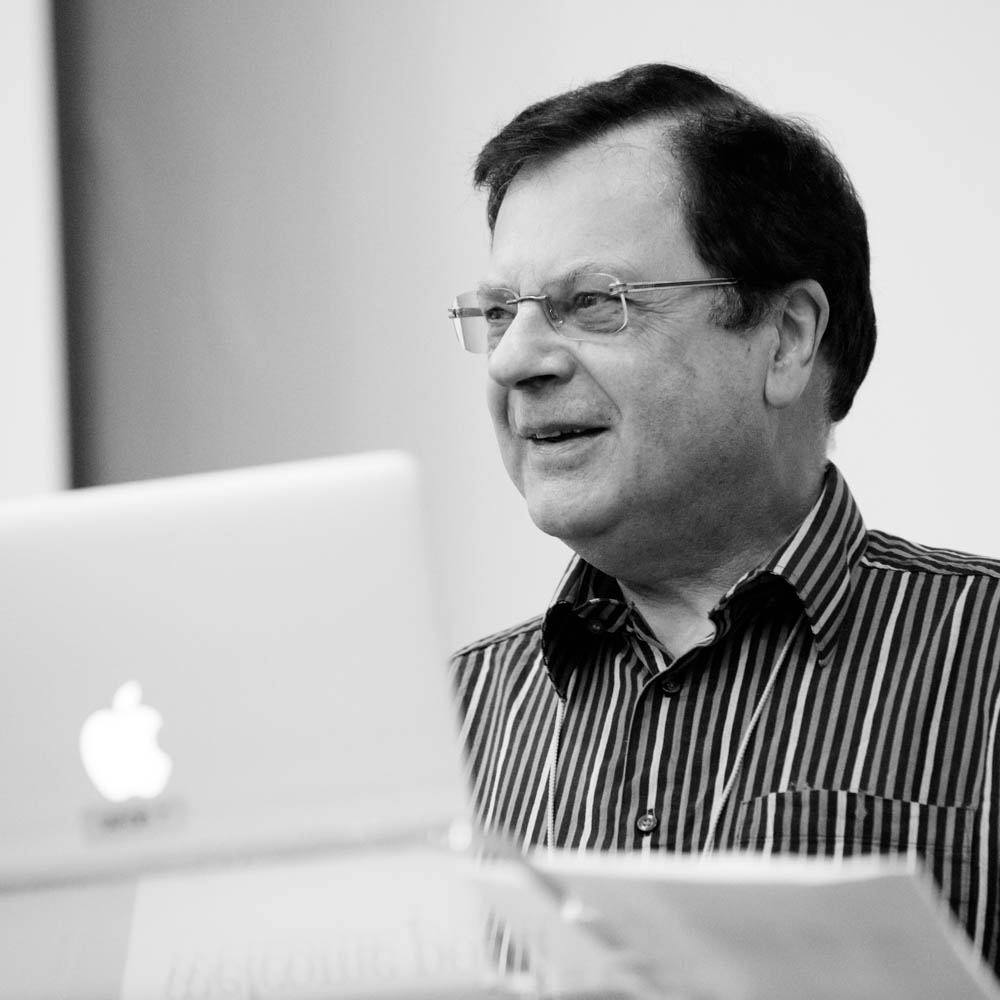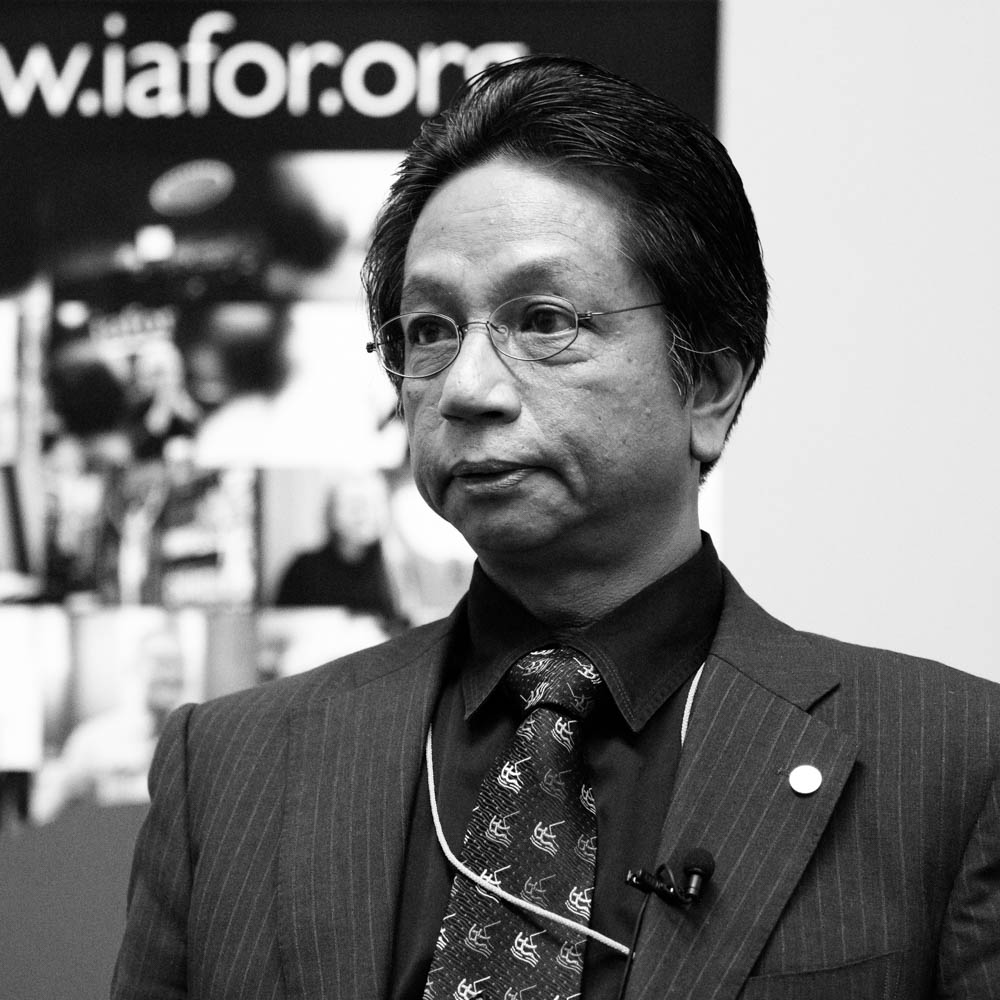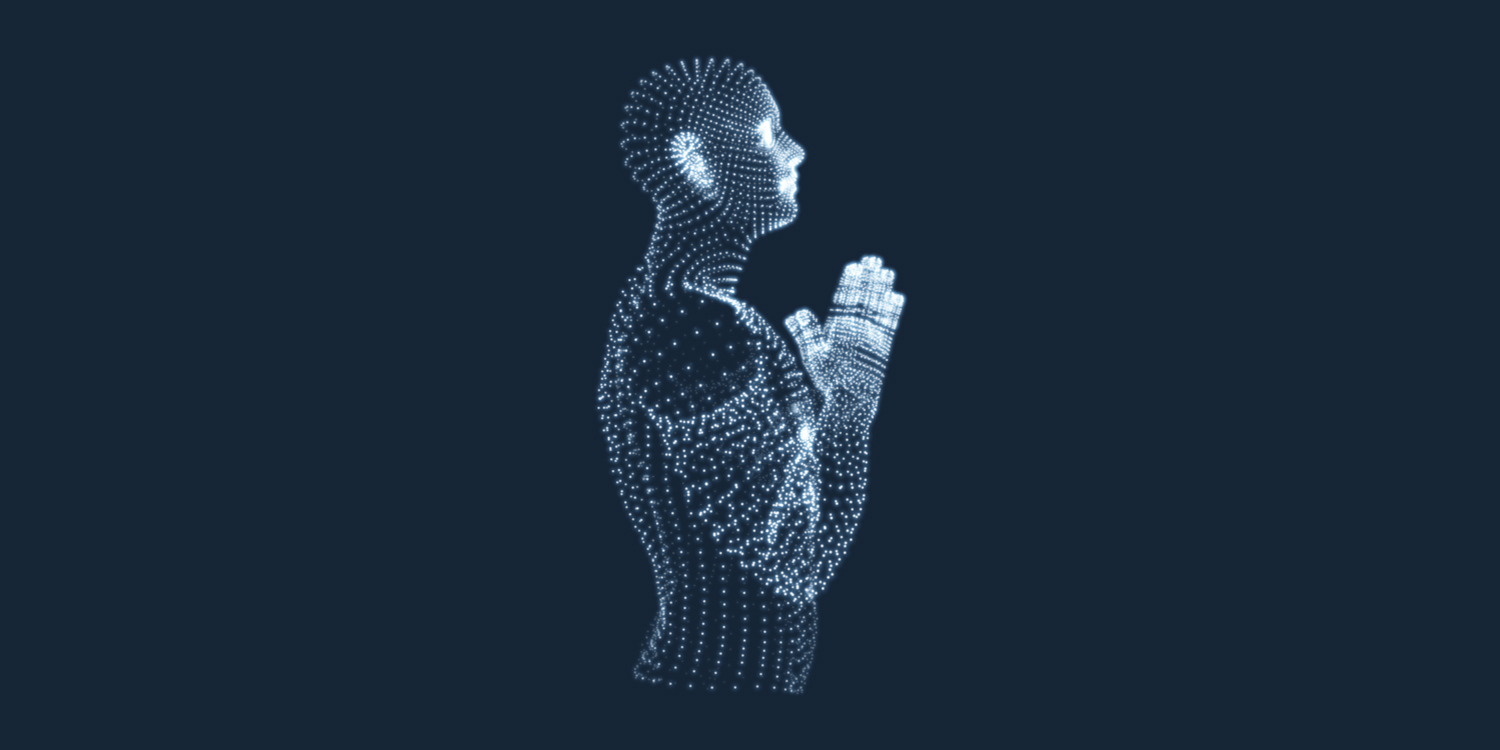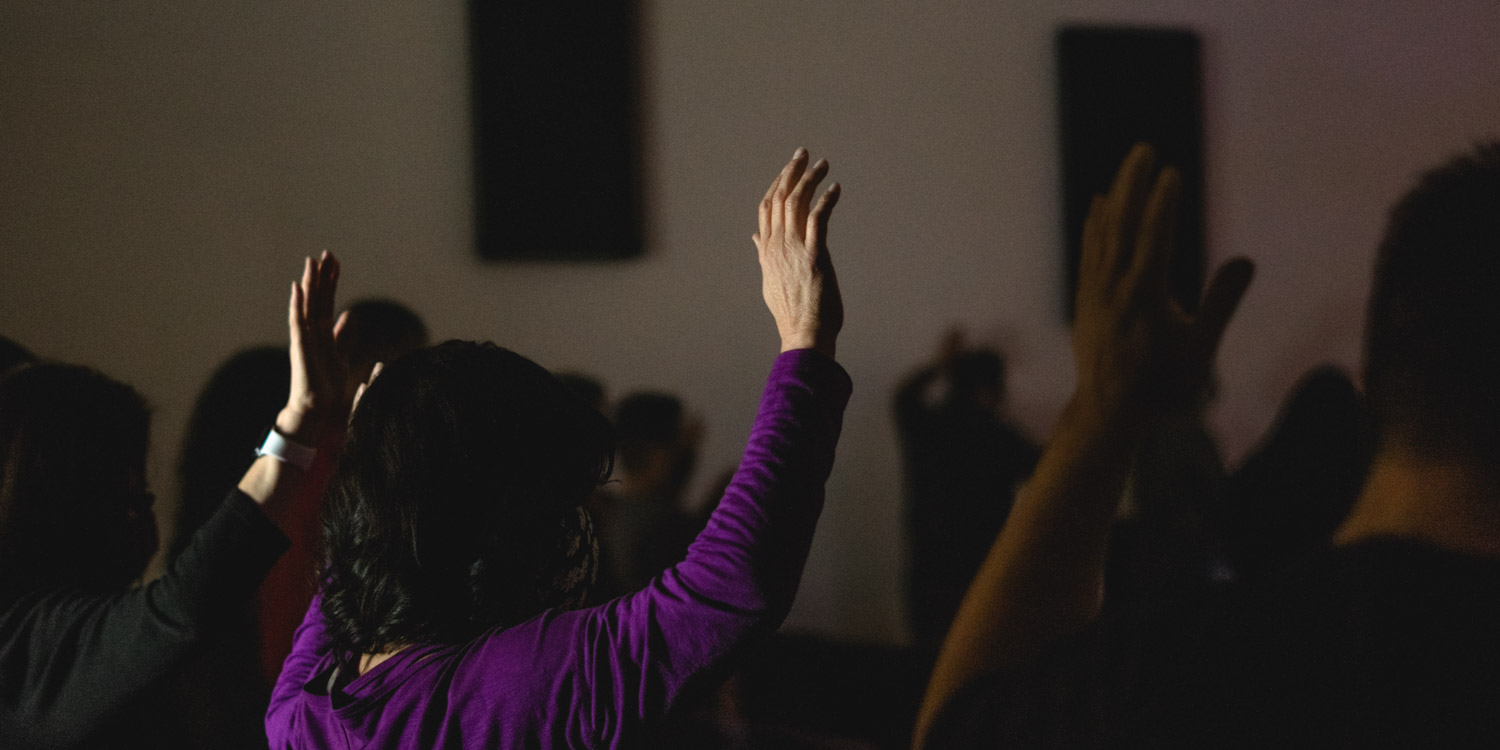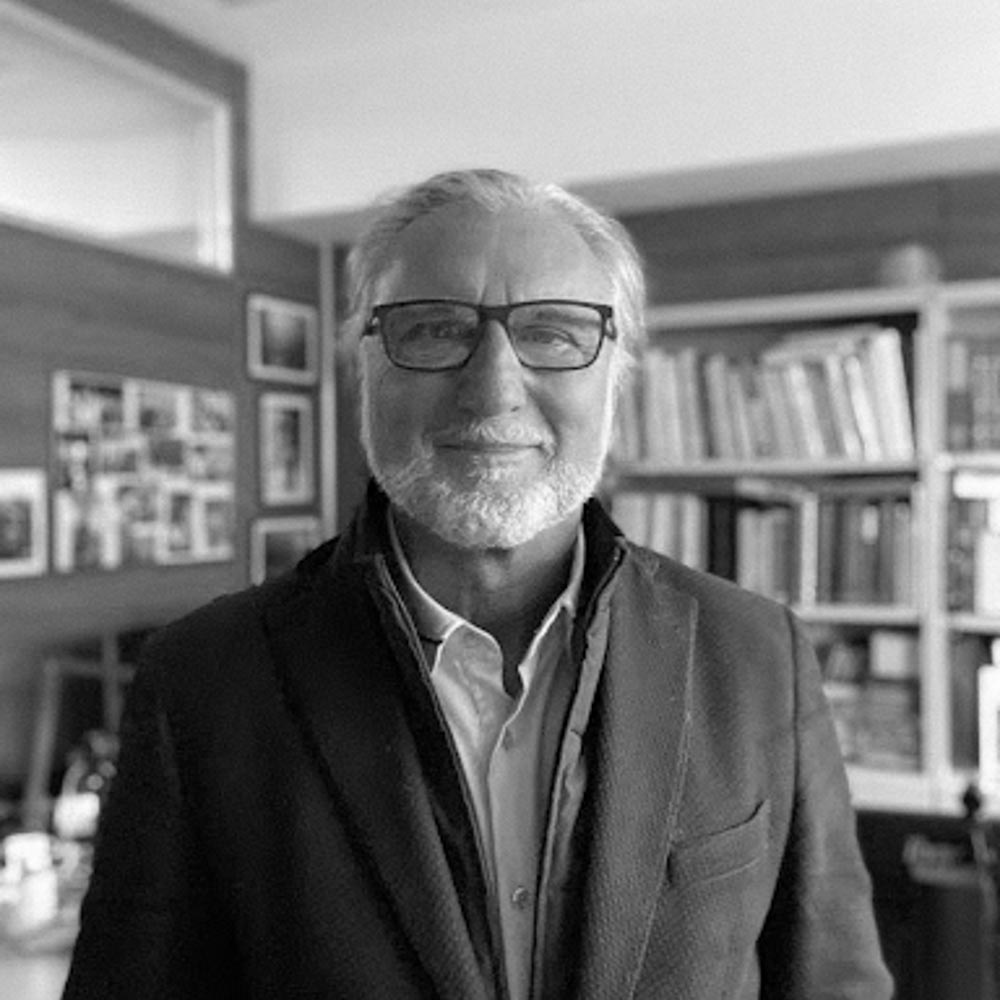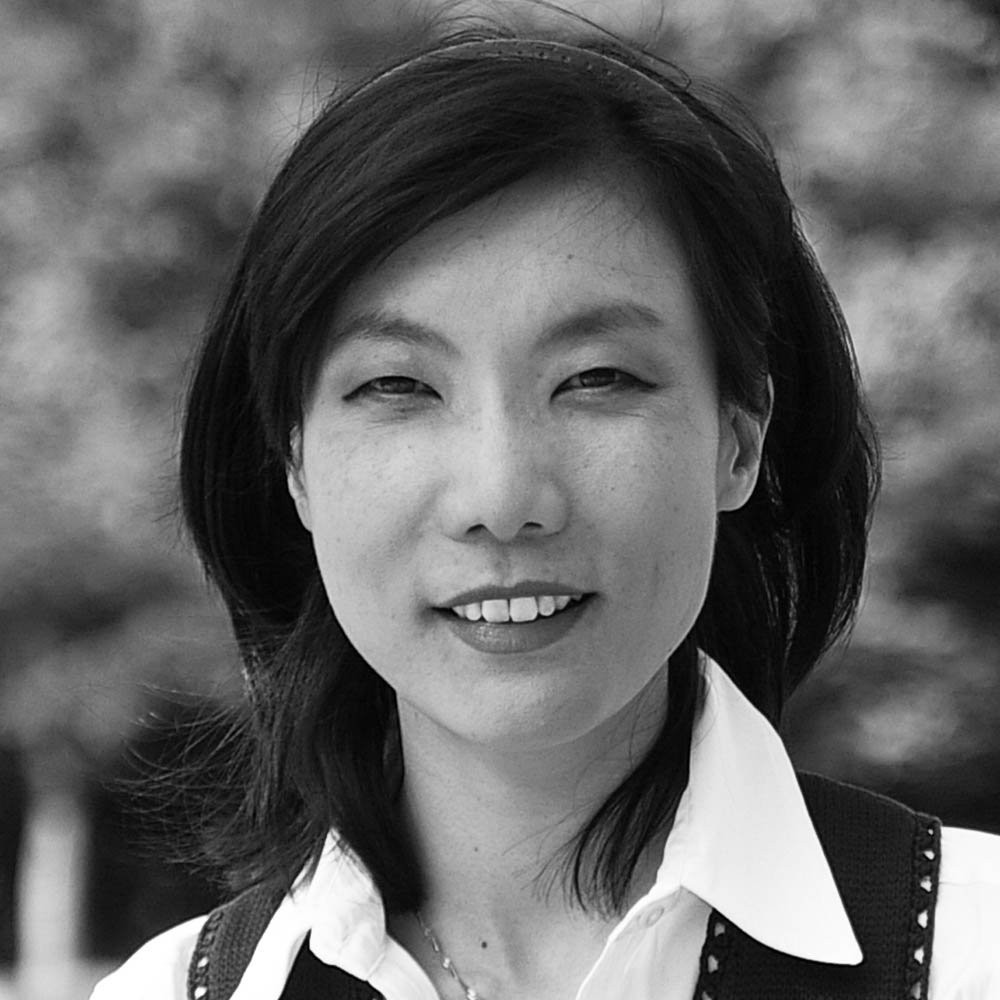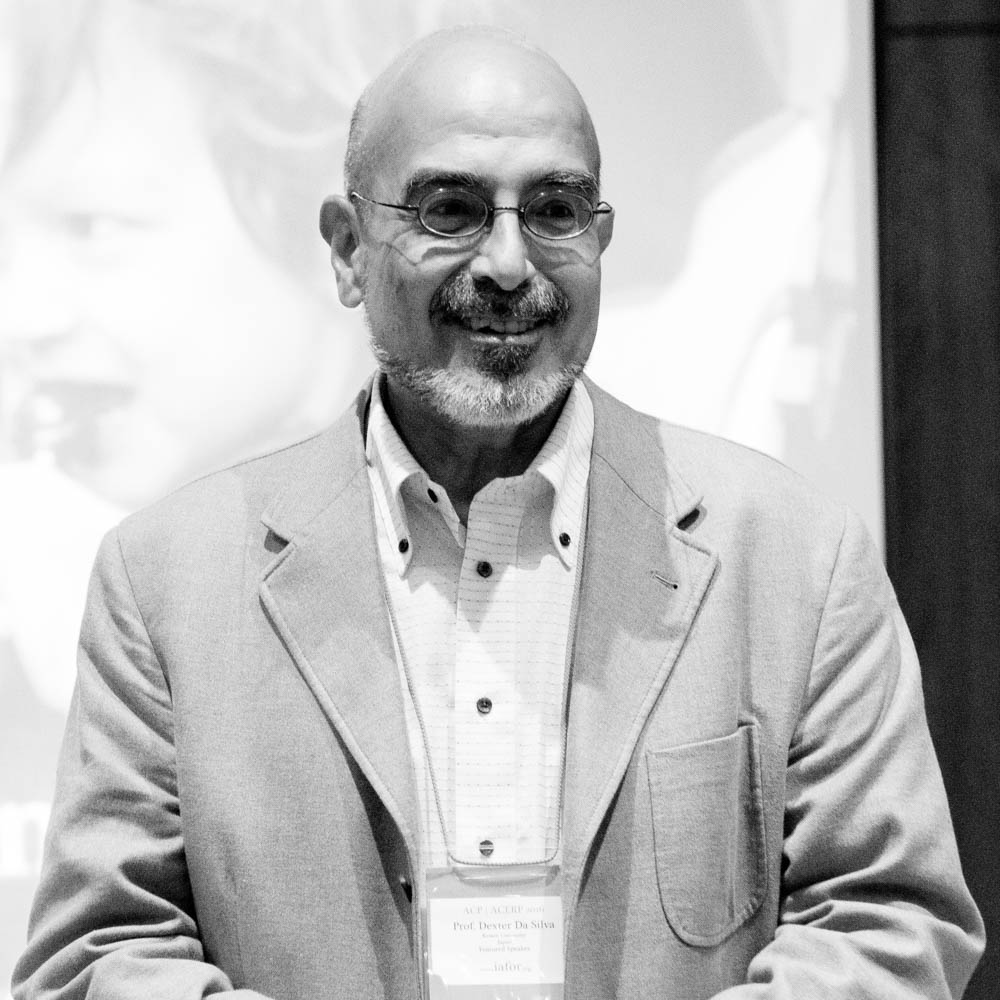ACERP2022
March 29-31, 2022 | Held online from Tokyo, Japan
Speakers
-
 Alistair PingQUT Graduate School of Business, Australia
Alistair PingQUT Graduate School of Business, Australia -
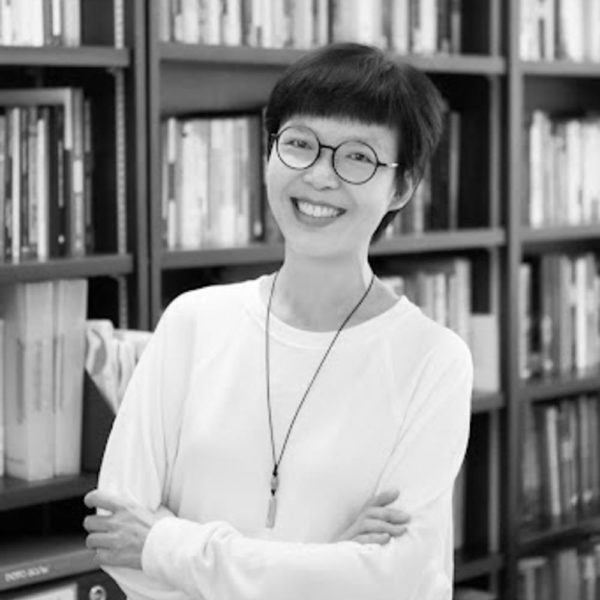 Amy Wai Sum LeeHong Kong Metropolitan University, Hong Kong
Amy Wai Sum LeeHong Kong Metropolitan University, Hong Kong -
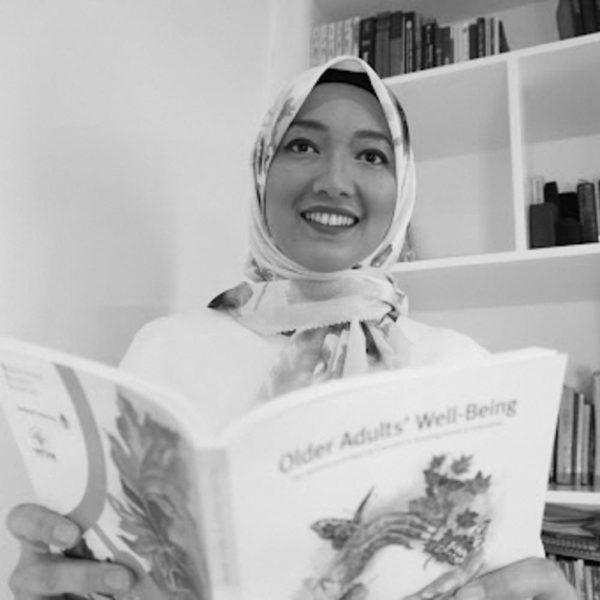 Roswiyani RoswiyaniTarumanagara University, Indonesia
Roswiyani RoswiyaniTarumanagara University, Indonesia -
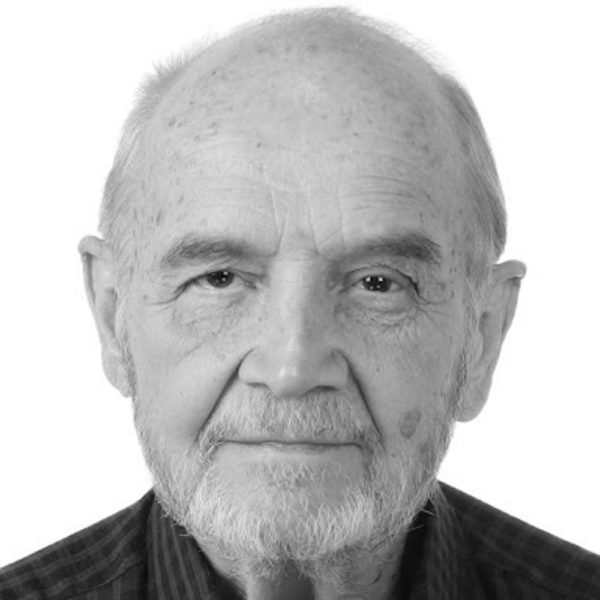 Brian VictoriaOxford Centre for Buddhist Studies, UK
Brian VictoriaOxford Centre for Buddhist Studies, UK -
 Frank S. RavitchMichigan State University College of Law, United States
Frank S. RavitchMichigan State University College of Law, United States -
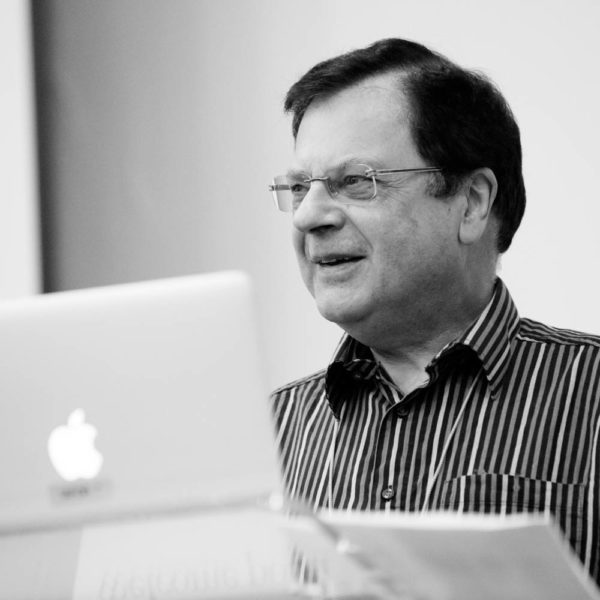 George D. ChryssidesThe University of Birmingham, UK
George D. ChryssidesThe University of Birmingham, UK -
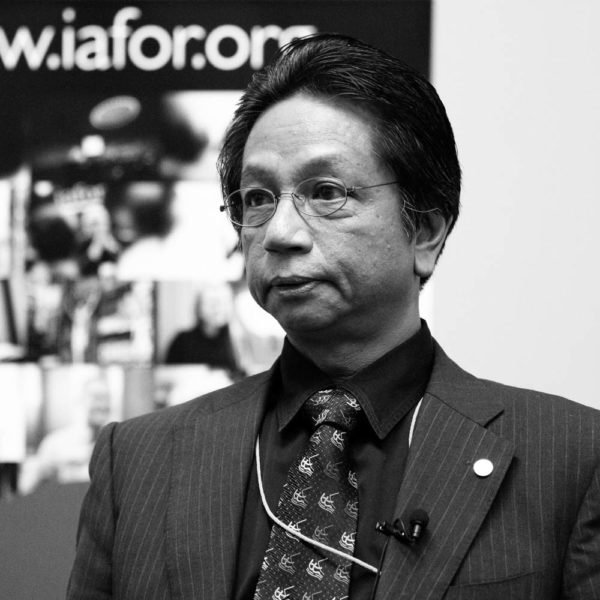 Monty P. SatiadarmaTarumanagara University, Indonesia
Monty P. SatiadarmaTarumanagara University, Indonesia
Programme
-
 Perceived Stress of Students During Online LearningFeatured Presentation: Monty P. Satiadarma & Roswiyani Roswiyani
Perceived Stress of Students During Online LearningFeatured Presentation: Monty P. Satiadarma & Roswiyani Roswiyani -
 Building Resilience through Self-care: Art and Aesthetic WellnessFeatured Presentation: Amy Wai Sum Lee
Building Resilience through Self-care: Art and Aesthetic WellnessFeatured Presentation: Amy Wai Sum Lee -
 Successful Prophecy? Jehovah’s Witnesses, Covid-19 and the War in UkraineKeynote Presentation: George D. Chryssides
Successful Prophecy? Jehovah’s Witnesses, Covid-19 and the War in UkraineKeynote Presentation: George D. Chryssides -
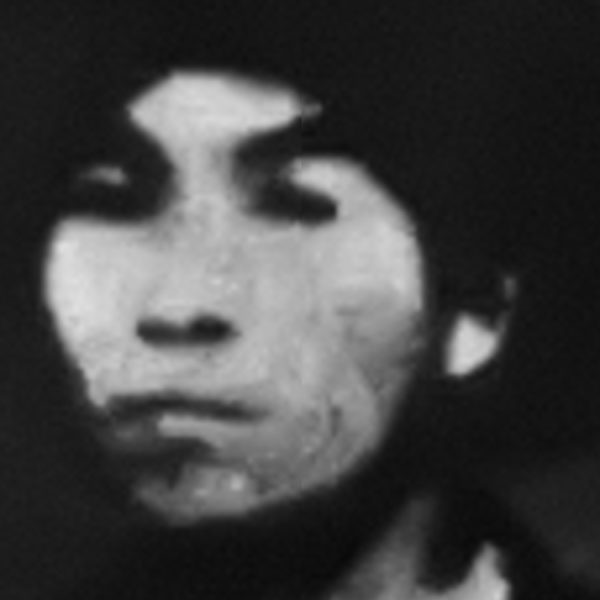 The Rehabilitation of a Buddhist HereticKeynote Presentation: Brian Victoria
The Rehabilitation of a Buddhist HereticKeynote Presentation: Brian Victoria -
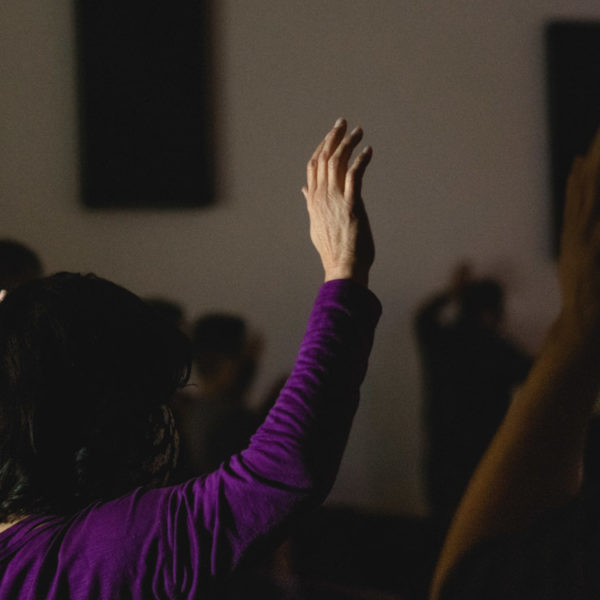 Religion and COVID 19 in the U.S.: The Good, the Bad, and the ShockingKeynote Presentation: Frank S. Ravitch
Religion and COVID 19 in the U.S.: The Good, the Bad, and the ShockingKeynote Presentation: Frank S. Ravitch -
 Responding to COVID: Trauma and RecoveryPlenary Panel
Responding to COVID: Trauma and RecoveryPlenary Panel -
 Ethical, Religious and Philosophical Dilemmas in Responding to COVIDPlenary Panel
Ethical, Religious and Philosophical Dilemmas in Responding to COVIDPlenary Panel
Organising Committee
-
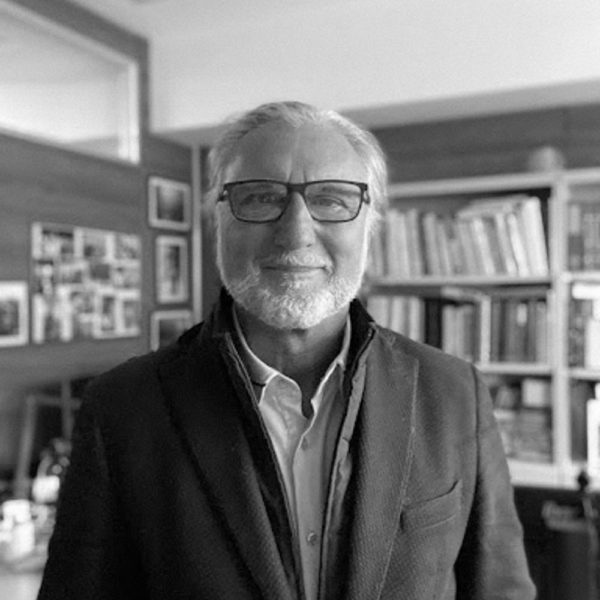 Roberto RaveraASL1 of Imperia, University of Turin & University of Genoa, Italy
Roberto RaveraASL1 of Imperia, University of Turin & University of Genoa, Italy -
 Roswiyani RoswiyaniTarumanagara University, Indonesia
Roswiyani RoswiyaniTarumanagara University, Indonesia -
 Brian VictoriaOxford Centre for Buddhist Studies, UK
Brian VictoriaOxford Centre for Buddhist Studies, UK -
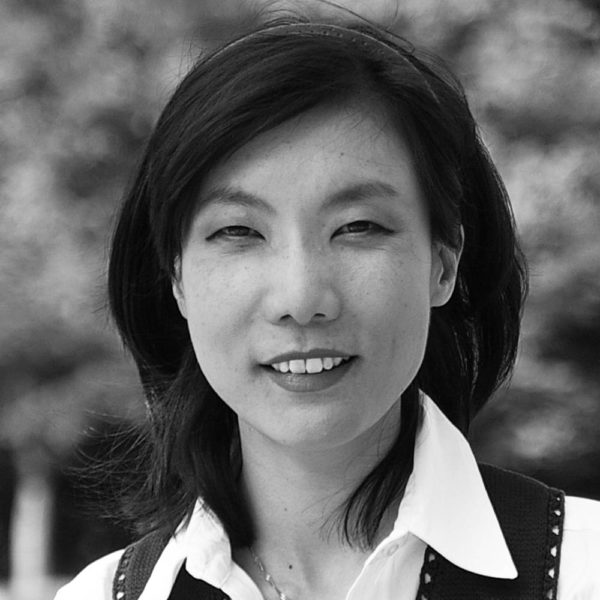 Mimi BongKorea University, South Korea
Mimi BongKorea University, South Korea -
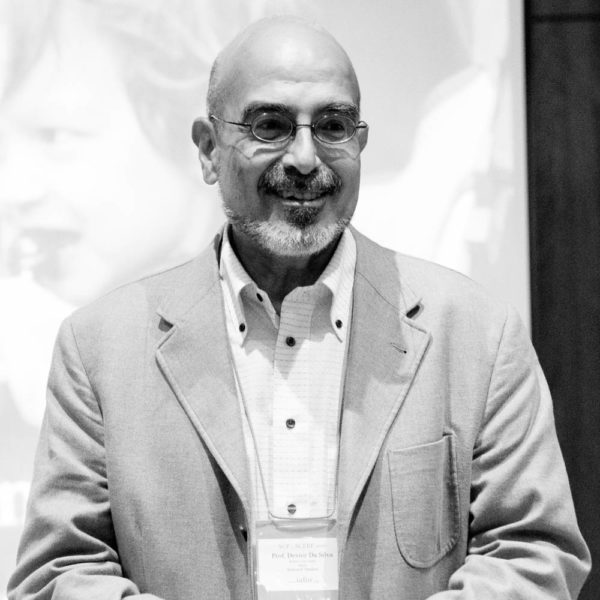 Dexter Da SilvaKeisen University, Japan
Dexter Da SilvaKeisen University, Japan -
 Frank S. RavitchMichigan State University College of Law, United States
Frank S. RavitchMichigan State University College of Law, United States -
 Joseph HaldaneThe International Academic Forum (IAFOR), Japan
Joseph HaldaneThe International Academic Forum (IAFOR), Japan -
 George D. ChryssidesThe University of Birmingham, UK
George D. ChryssidesThe University of Birmingham, UK -
 Monty P. SatiadarmaTarumanagara University, Indonesia
Monty P. SatiadarmaTarumanagara University, Indonesia
ACERP2022 Review Committee
- Dr Daniel Dei, North-West University, South Africa
- Dr Johan Eddebo, Uppsala University, Sweden
- Dr Maisarah Hasbullah, Faculty of Science, University of Malaya, Malaysia
- Professor Craig Mark, Kyoritsu Women's University, Japan
- Dr Rajesh Kumar Srivastava, MAN Government Degree College JK, Gorakhpur, UP, India
- Dr Revenendo Vargas, University of Santo Tomas, Philippines
IAFOR Research Centre (IRC) – “Innovation and Value Initiative”
The IAFOR Research Centre (IRC) is housed within Osaka University’s School of International Public Policy (OSIPP), and in June 2018 the IRC began an ambitious new “Innovation and Value Initiative”. Officially launched at the United Nations in a special UN-IAFOR Collaborative Session, the initiative seeks to bring together the best in interdisciplinary research around the concept of value, on how value can be recognised, and measured, and how this can help us address issues and solve problems, from the local to the global.
